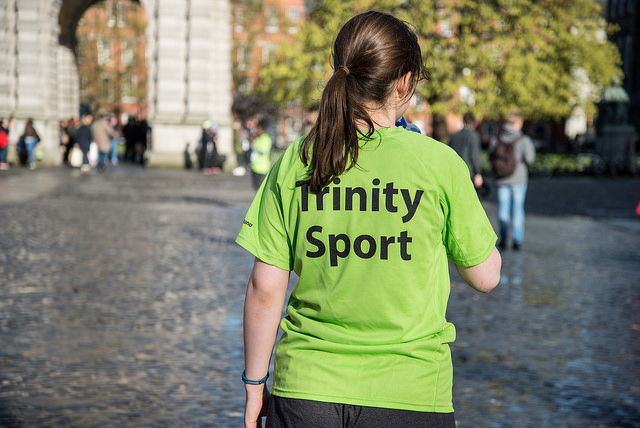There are myriad of benefits associated with physical activity and exercise, with some more commonly known than others. These include improved cardiovascular health, increased strength, prolonged endurance and reduced subcutaneous fat. One of the lesser-known, or talked about at least, is that of the increase in productivity.
While it can be hard to define and measure productivity, countless global brands are investing millions into employee health and fitness regimes on the basis of a happier, more productive workforce, with second and third-level educational institutes following suit.
Examples include Walmart, Apple and Ford, to name but a few, but these investments are made on more than just anecdotal evidence. Studies have shown that productivity increases appear as a by-product of the many benefits from exercise, both physical and psychological.
When examined closer, a study by Stanford University discovered that individuals who performed moderate exercise shortly prior to completing a cognitive work-related task had increased working memory capacity and speed, due to higher arousal levels.
This was with just 15 minutes of moderate cycling during the working day. So how do you spend your lunch break?
From a more long-term perspective, recent studies into the effect of encouraged and facilitated physical activity incentives for workforces in London who adopted a cycle to work scheme reported significant reductions in work absenteeism, in some cases as much as 50 per cent over the course of the year. Less sick days means more total work done.
This was with just 15 minutes of moderate cycling during the working day. So how do you spend your lunch break?
Many of the other physical hindrances to productivity such as aches, strains and energy imbalances can also be improved and prevented with regular activity either during the working day, such as a lunchtime yoga class or as part of the individual’s lifestyle, such as evening spin classes or sports participation.
Furthermore, countless studies have endorsed regular exercise as a method to enhance mood, confidence, self-control and self-esteem, which will all have direct implications for most workplace environments. These social enhancements can lead to greater productivity through better working relationships with others, increased ambition and motivation – not to mention the potential teamwork benefits to individuals who exercise and work together.
Overcoming regular fitness challenges and pushing your body, not necessarily to extremes, but beyond its comfort zone, can have profound impact on your mental endurance and resilience. Confidence and self-belief are boosted, and this has been shown to directly impact perception of non-fitness related tasks both in the difficulty of the task and the individual’s ability to tackle it. The employee or student becomes more ambitious and self-believing.
Be sure to take the stairs wherever possible. Even small changes can yield big results in alertness, energy, mood and productivity
So whether you’re a student, an employee or both, regular physical activity can help improve so many of the mental and physical qualities that will boost productivity and work output both in the short and long term. As we all know, maintaining a routine of exercising on a regular basis can be hard to commit to. Some people have found success in having something like an Accountability Partner while others use an exercise tracking app. It is all about finding a method which works for you to keep you motivated.
Why not try including a daily visit to the gym, a group fitness class or participating in a sport either before, during or after the working day. For those more time restrained, simple changes can make the difference, like walking during lunch break, parking the car further away or getting off the bus a few stops early and walking a greater distance to and from your destination. Also be sure to take the stairs wherever possible. Even small changes can yield big results in alertness, energy, mood and productivity.
Try not to view exercise as a luxury to participate in if you have spare time. Instead, view it as a vital method of how to save time. Why not make the effort to increase your daily activity levels and convince your bosses and lecturers of the benefits?
David Lynch is a fitness instructor for Trinity Sport







